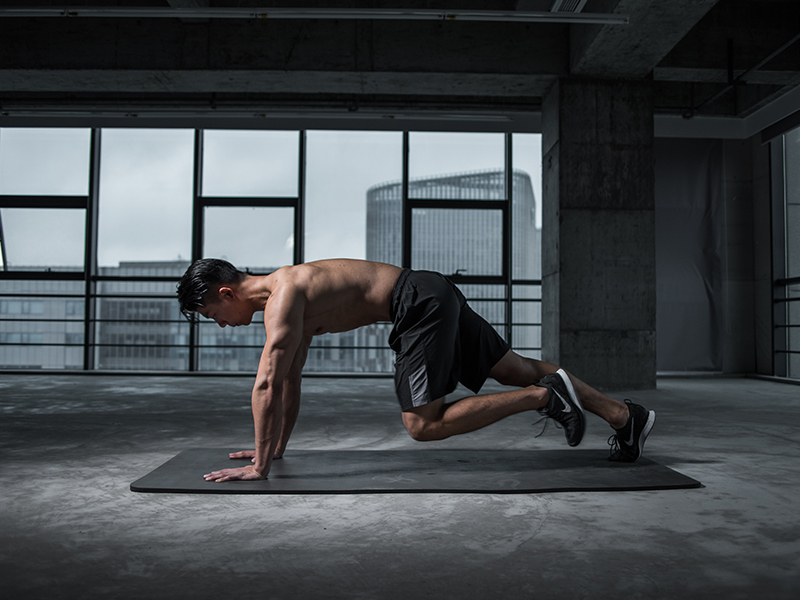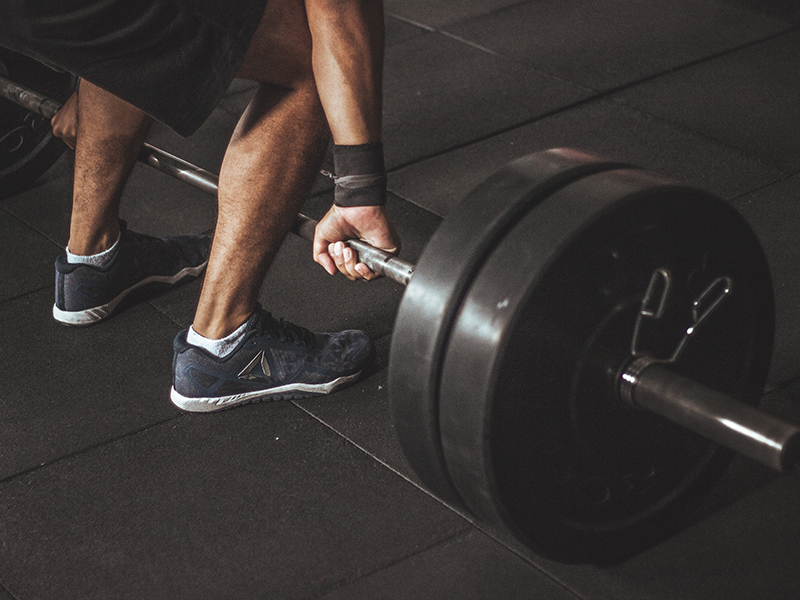Aging is a natural, yet difficult part of life. As you grow older, especially around middle age, your body starts changing. You may start feeling tired and fatigued and you don’t look as good as you did when you were younger. Your sex drive may decrease. And, you’ll start going through andropause if you’re a man and menopause if you’re a woman.
Your hormones are the culprit. Around middle age, your human growth hormone starts to deplete, causing all the unwanted changes in your body. Centuries ago, people believed there was a fountain of youth that could reverse aging. Believing this is true, Spanish explorer Juan Ponce de Leon set out in 1513 to find the healing water in Florida.
Today, some people believe the fountain of youth can be found if they take synthetic human growth hormone (HGH). These people think they can reverse the signs of aging, specifically the loss of muscle and bone mass with HGH treatment. But, HGH is for people with low hormones, not completely healthy individuals. In fact, taking HGH when you don’t need it can be hurtful to your health.




